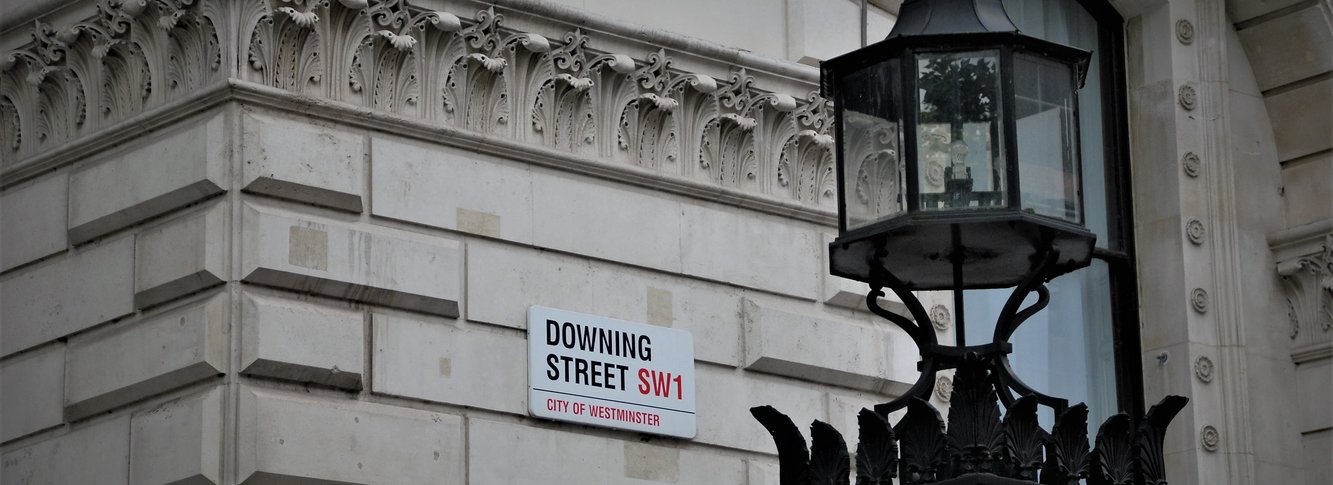| 7 mins read
The extraordinary glimpse into the inner workings of No 10 given in a rare interview by David Cameron’s Deputy Chief of Staff, Oliver Dowden – in which he admitted that he only discovers the daily political agenda by listening to Radio 4’s Today programme (‘Often you’ll get surprised by what’s going on’) and that most of his time is spent on day-to-day crisis management (though ‘we are not permanently in crisis’) – will unfortunately not come as much of a surprise to Conservative MPs fretful about the Prime Minister’s inability to get a grip on his party or government.
Ever since George Osborne’s catastrophe-strewn budget in the spring, Cameron has looked like a man pulled apart by events, not in charge of them. The long-drawn-out resignation of Chief Whip Andrew Mitchell, the ambush and defeat on the EU budget vote by Tory backbench Eurosceptics, and Cameron’s own botched announcement on energy bills (adroitly rescued by Lib Dem energy Secretary Ed Davey this week), all spoke to a deeper malaise at No 10. The open warfare now being waged over low carbon energy policy, with Osborne (according to his father, in a conversation secretly filmed by Greenpeace) now acting as chief strategist for the climate-action sceptics, has demonstrated just how little control Cameron now has over his party. The appointment of the ruthless Malcolm Tucker-style political consultant Lynton Crosby as his election strategist – with immediate effect – at least demonstrates an understanding of how serious the situation is.
It remains to be seen whether Crosby can change the apparatus of management control at Downing St. Since the departure of Cameron’s strategist Steve Hilton, the flat structure of the PM’s office has apparently ceased to work. According to one insider, we are told, ‘it is an interesting question who people report to and who they answer to’. The same problem afflicted the disastrous first 18 months of the Gordon Brown regime at No 10 until he solved it by making the brilliant civil servant Jeremy Heywood his chief of staff and then Permanent Secretary. Heywood acted as the gateway through which all policy and tactics were channelled, ensuring a basic degree of coordination and strategic oversight. Heywood remains as Cameron’s Cabinet Secretary, but he appears to have been unable to exert the same grip under the new administration. It is notable that he has been the subject of some snide behind-the-scenes carping from Ministers and backbenchers, a bad sign.
The nature of Coalition, with the Tories and Lib Dems now desperate to distinguish themselves from one another as they approach the next election, undoubtedly makes the situation harder. However Cameron has not helped himself by his refusal to fill No 10 with enough Special Advisers. ‘Spads’, as they are called in Whitehall jargon, are often reviled in the media as the illegitimate vehicles for the politicisation of the otherwise pure and impartial civil service, but in reality they are an essential part of good government. Like Brown before him, Cameron on entering office pandered to the media’s lazy characterisation of all Spads as ‘spin doctors’ and said he would have fewer of them, but, like Brown, was forced to change his mind within a few months and appoint more. He has not, however, gone far enough, and the No 10 Policy Unit remains staffed largely by civil servants. It doesn’t work. Civil servants just cannot have the political awareness, nous or authority to call errant ministers and sort out political conflicts before they erupt into the public sphere.
I have to declare an interest here, since I was a No 10 Adviser in the Brown Government. So you'd expect me to say that they're invaluable. But that experience made it absolutely clear how important Spads are in spotting political trainwrecks before they hit the tracks, and giving No 10 the means to exercise proper political coordination from the centre. To take just three examples from the field I primarily worked in: if No 10 had had a Spad covering environment and energy policy, the Government would never have announced its proposed sell-off of forests, cut the subsidy to household and community solar power in the middle of a consultation about it (for which it got taken to the courts and the policy overturned at great expense), or allowed Cameron to declare a new policy on energy bills that was literally impossible to implement. All of these mini-disasters were eminently avoidable – if only there had been someone in No 10 with the political job of heading off accidents before they happen and coordinating policy. The same is true of almost all the internal cock-ups and reverses the present government has experienced.
When the Public Administration Committee announced a few months ago that it was setting up an Inquiry into Special Advisers, in the wake of the revelation that Jeremy Hunt’s Spad had been more or less subverting the quasi-judicial process to determine News International’s takeover bid for BSkyB through his cosy relationship with Murdoch’s PR man, it was widely expected that it would recommend a diminution in their role and numbers. The Committee’s questioning of witnesses was fierce. Yet when its report appeared last month it was quietly supportive of the role that Spads play and recommended its official acknowledgement and regularisation. It acknowledged, contrary to the prevailing myth, that the relationship between civil servants and special advisers is generally very good; and that political advisers, so far from polluting the constitutional impartiality of the civil service, help protect it.
It should hardly come as a surprise that the good conduct of government needs people with political understanding and judgement. In difficult times, the Prime Minister might ask if he could do with some more of them in his office.


